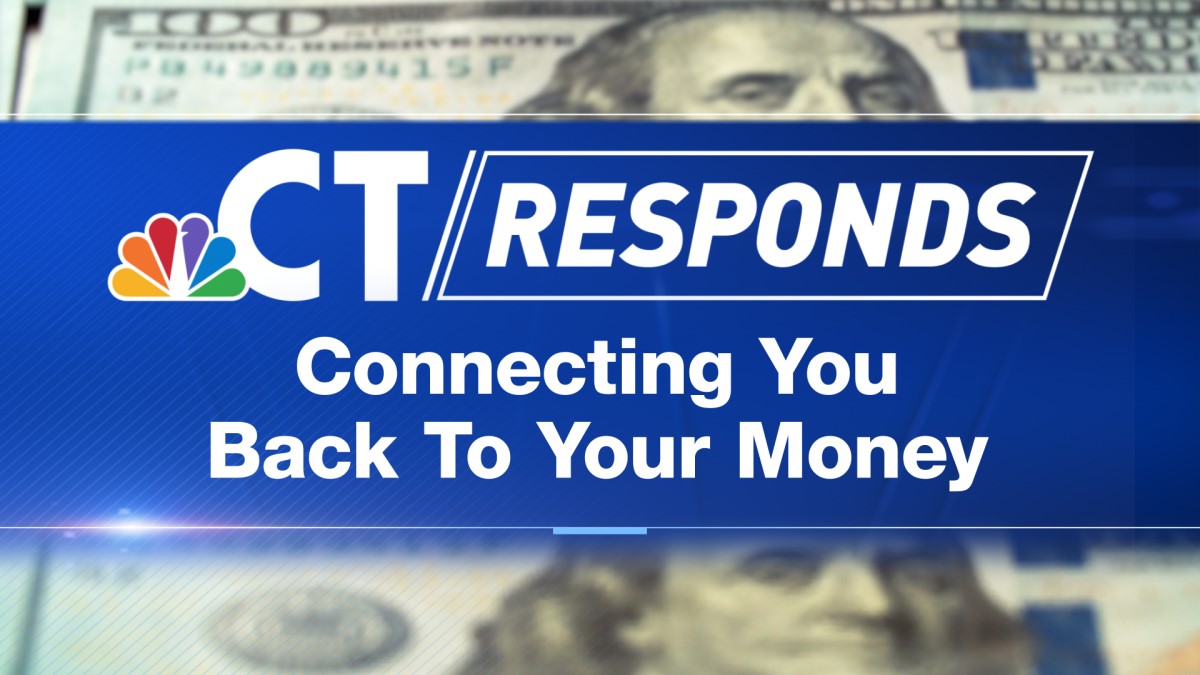As many of us look into saving on our energy bills, what do you need to know if you want to invest in solar?
Buying or leasing solar panels is complicated, but it could have some great payoffs and positive environmental impacts too.
Just don’t rush into making any decisions.
“Do your homework. Know that there’s no free lunch. Nothing is free. Even if they promise no cost or low cost, these are private companies that are talking to you because you’re making money and, they’re trying to make money off of you,” said Connecticut Attorney General William Tong.
Get Connecticut local news, weather forecasts and entertainment stories to your inbox. Sign up for NBC Connecticut newsletters.
Tong announced this week that he’s suing a solar company that is currently operating in Connecticut and other states too.
So what do you need to know to invest in solar smartly and safely?
NBC CT Responds turned to EnergySage for advice.
NBC CT Responds
EnergySage is like Expedia or Kayak, but for comparing prices on solar energy systems.
It customizes quotes for shoppers from screened companies.
The site is recommended and funded in part by the U.S. Department of Energy to help consumers.
“It's a technology that we are not that familiar with, So people have tons of questions. Sometimes people don't even know what to ask for, so our job is to be the trusted adviser, be the Sherpa and help the consumers through this process,” said EnergySage CEO and founder Vikram Aggarwal.
He breaks down four things shoppers should understand before signing any contract:
- What’s the quality of the equipment?
- Are you working with an experienced contractor?
- What financing option is best for you?
- Will you save money on your energy bill?
“If you're buying the right quality and the right contractor is doing the job, this system should work trouble free for you for decades,” said Aggarwal. "In states like Connecticut and other states in the country, the payback period typically is in the 6, 7, 8-year range, depending on what you end up paying for the solar energy system,” said Aggarwal.
State officials warn that not all homes are suitable for solar.
What’s your roof like? Does it get enough sun exposure?
Make sure to investigate that and any promises of rebates. Will the money actually go back into your pocket or be kept by the contractor?
Lastly, they want consumers to remember contracts tend to be long term, complex, and expensive, so never sign an agreement under pressure.
“If you don’t understand what you’re reading -- time out. Ask a neighbor or son or daughter to look at these documents for you and if you still can’t get there maybe it’s not right for you,” said Tong.
Under Connecticut state law, there is a three-day window to cancel your contract after you sign it.



